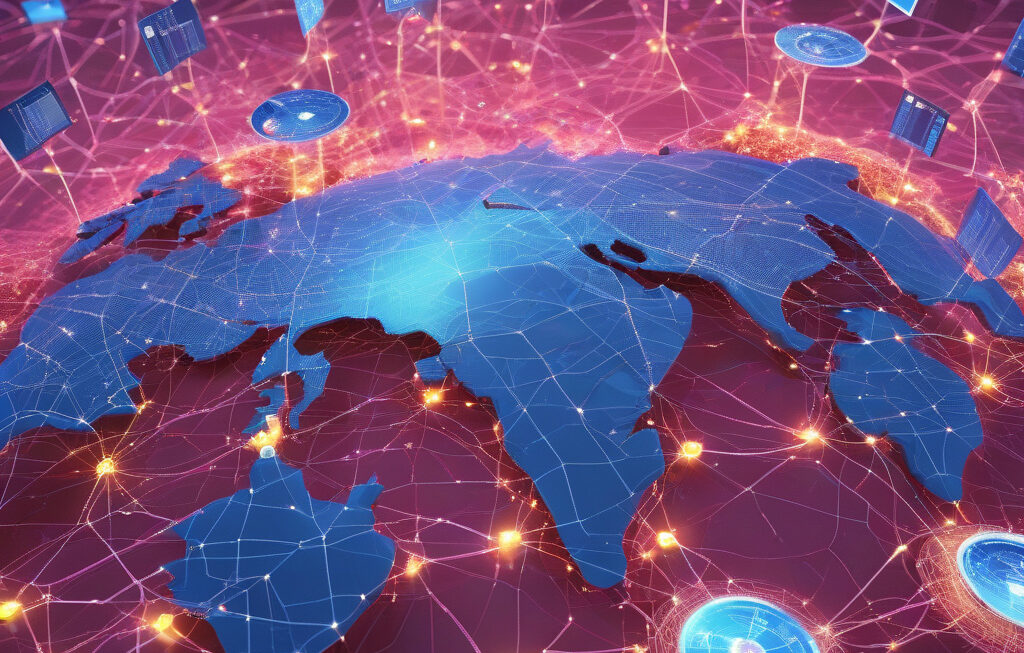ITU Launches Global AI Skills Coalition to Bridge Expertise Gap in Developing Nations
The International Telecommunication Union (ITU) has taken a significant step towards bridging the expertise gap in developing nations by launching the Global AI Skills Coalition. This pioneering initiative aims to ensure equitable distribution of the benefits of Artificial Intelligence (AI) and support sustainable development across the globe.
AI has emerged as a transformative technology with the potential to revolutionize industries, improve efficiency, and drive innovation. However, the full potential of AI can only be realized when there is a skilled workforce capable of harnessing its power. Developing nations often face challenges in building the necessary expertise in AI, limiting their ability to leverage this technology for growth and development.
The Global AI Skills Coalition, spearheaded by ITU, brings together governments, private sector organizations, academia, and other stakeholders to address this critical issue. By collaborating on training programs, knowledge sharing initiatives, and capacity-building projects, the coalition aims to equip individuals in developing nations with the skills needed to thrive in the AI-driven economy.
One of the key objectives of the coalition is to promote inclusivity and ensure that the benefits of AI are accessible to all, regardless of geographical location or socio-economic background. By focusing on building AI skills in underserved communities and empowering marginalized groups, the coalition seeks to create a more equitable and sustainable future for all.
Moreover, the Global AI Skills Coalition is aligned with the United Nations’ Sustainable Development Goals, particularly Goal 4 (Quality Education) and Goal 9 (Industry, Innovation, and Infrastructure). By enhancing AI capabilities in developing nations, the coalition contributes to the overall goal of fostering technological advancement and economic growth in a responsible and inclusive manner.
To achieve its ambitious objectives, the coalition will leverage a variety of tools and resources, including online training platforms, mentorship programs, and collaborative research initiatives. By harnessing the collective expertise of its members and partners, the coalition aims to create a global network of AI professionals dedicated to driving positive change in their communities.
As the pace of technological innovation accelerates, building AI skills is no longer a luxury but a necessity for individuals and nations alike. The Global AI Skills Coalition serves as a beacon of hope for developing nations, offering them the opportunity to not only catch up with more advanced economies but also leapfrog into a future powered by AI.
In conclusion, the launch of the Global AI Skills Coalition by ITU marks a significant milestone in the journey towards a more inclusive and sustainable AI-powered world. By focusing on building expertise in developing nations and promoting equitable access to AI benefits, the coalition sets a positive example for global collaboration and innovation in the digital age.
skills, AI, ITU, developing nations, sustainable development












